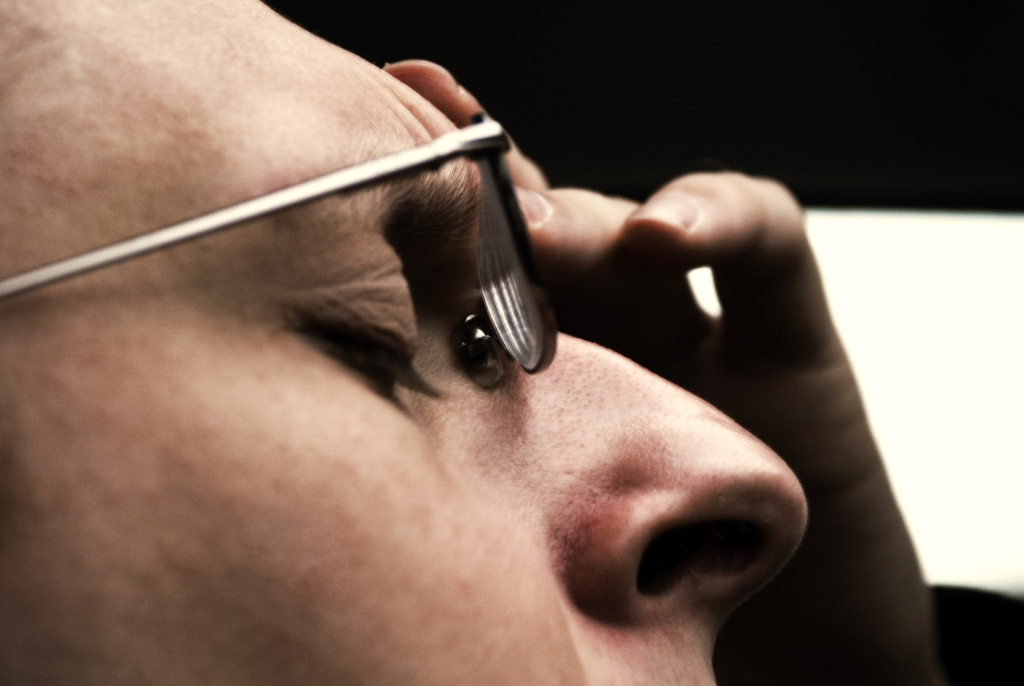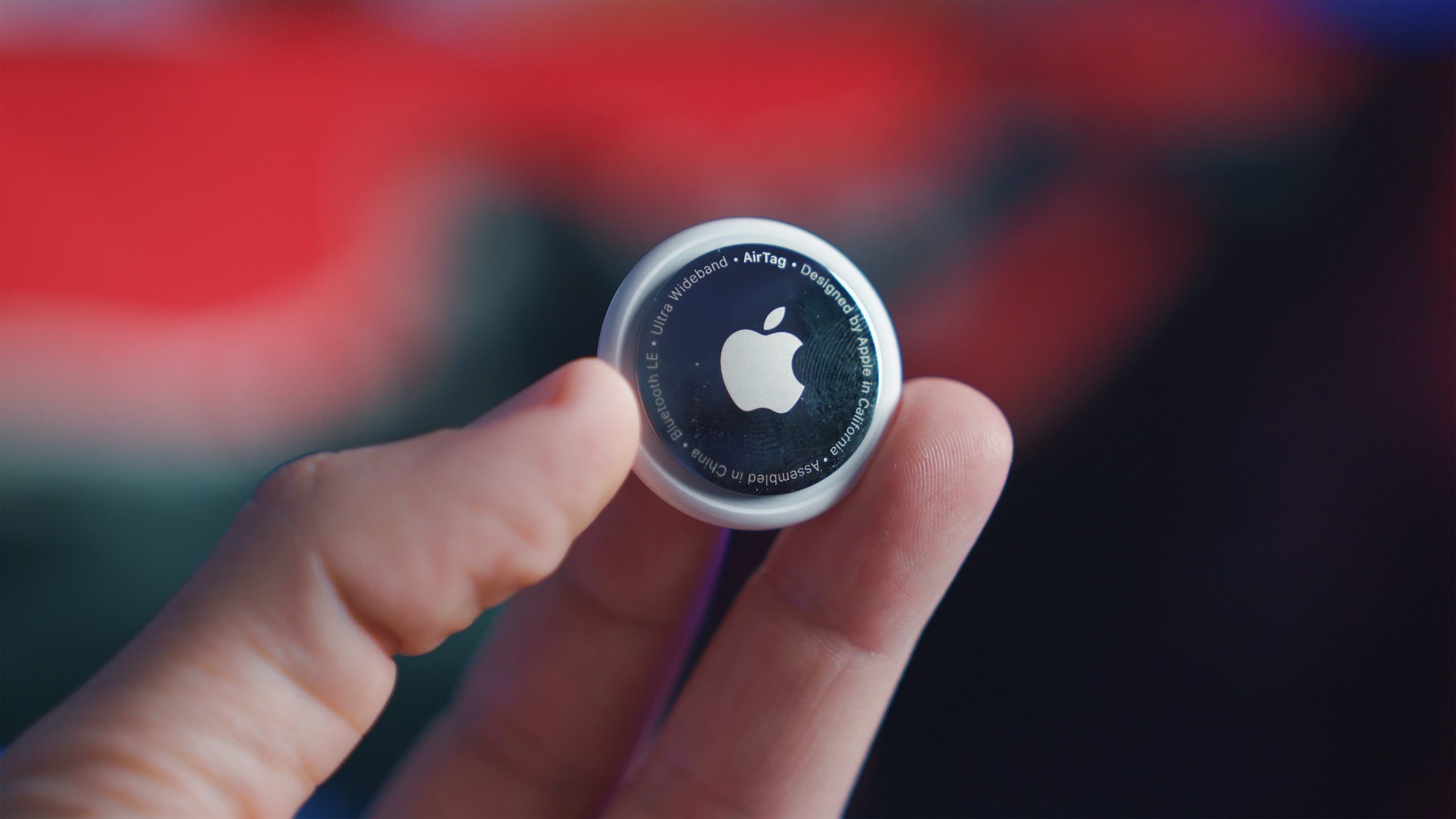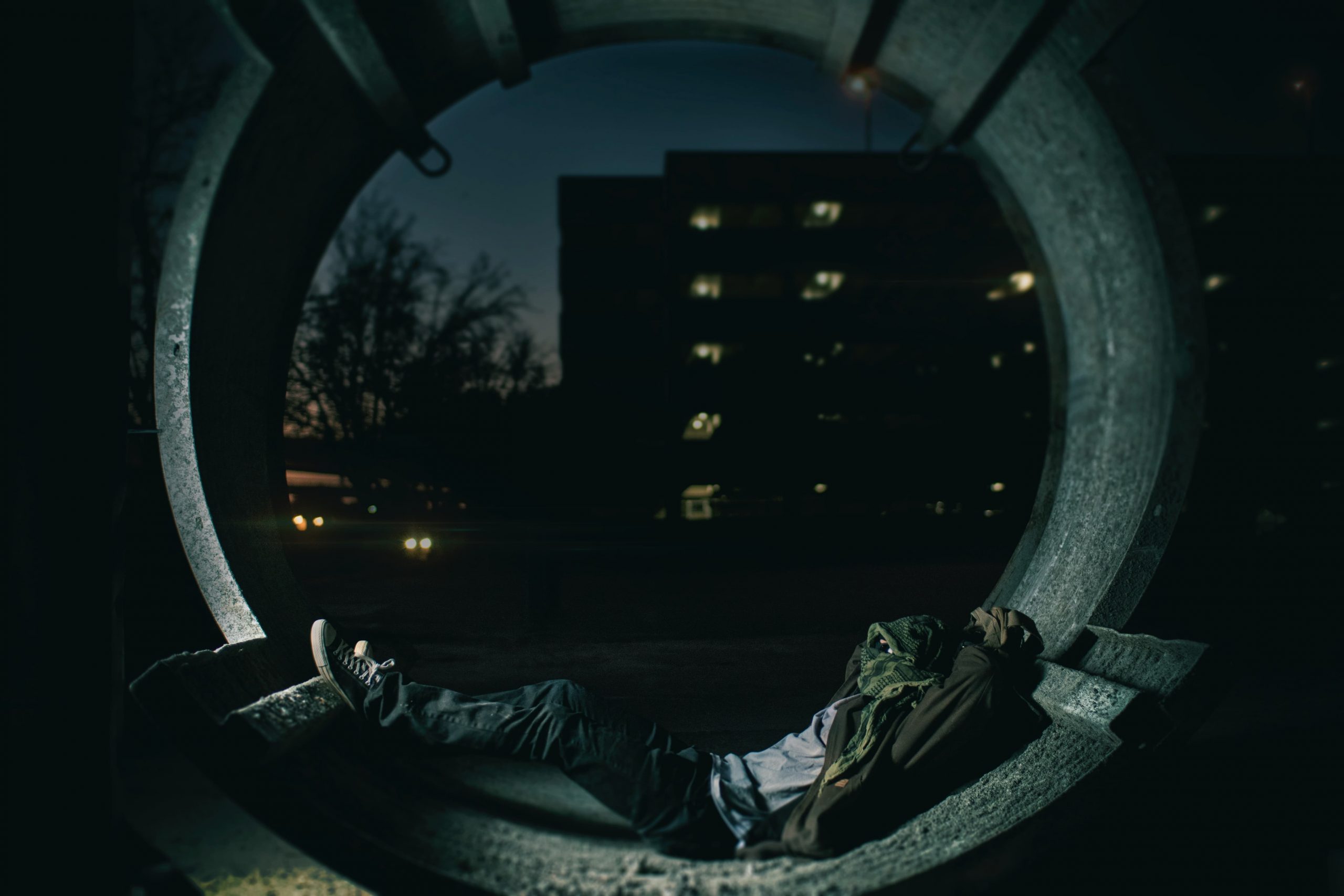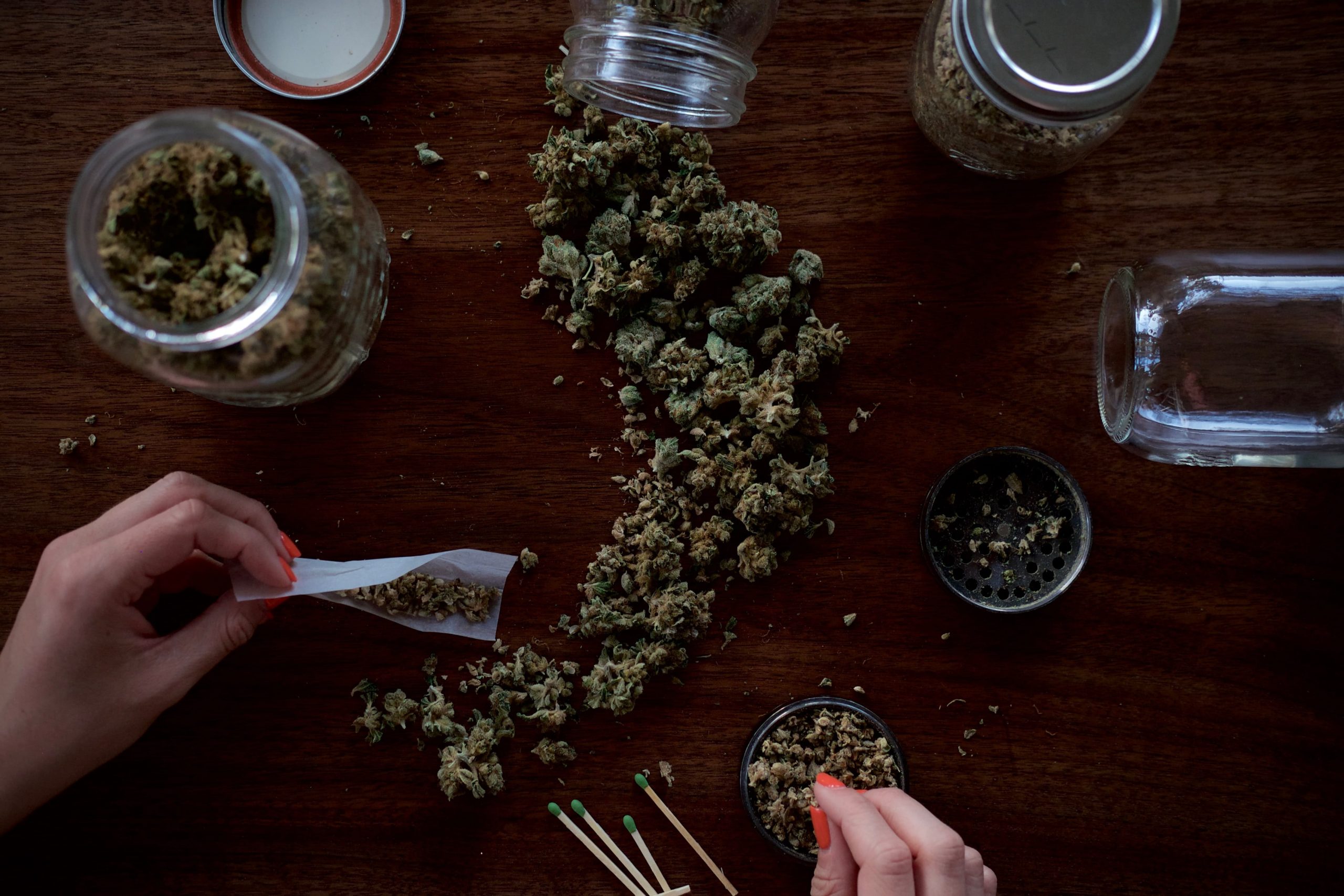Adolescence is already stressful…
Adolescence is a period when youth acts differently. It is difficult to distinguish between the normal ups and downs as a result of teens-being-teens, and the changes signaling substance abuse problems. So, when it’s time to raise the white flag, what can you do next? More on identifying and how to cope with addicted teens here.
Parents, be on the look out
There are some signs and symptoms that can signal you when something is wrong. Avoid denial. Don’t try to give “the problem” some time to get resolved on its own. Here are some distinct indications that your child is in trouble with drugs or alcohol. These signs require yourimmediate attention and action:
- being secretive, isolated, withdrawn or depressed
- dilated pupils or bloodshot eyes
- loss of interest in once pleasurable hobbies and activitiespoor performance in school (skipping class, declining grades)
- sneaking around, lying and avoiding eye-contact
- suddenly changing group of friendsunexplained money-spending or valuables missing
- you are missing some/all of your prescription medications
You are not alone! Who can help you?
Just as your child needs to be aware they have your help and support during recovery from addiction, as a parent, also need someone to rely on. Close family members and close friends are there to talk to you and support you. You can connect with parents of other addicts and share experiences and advices (online and offline). People from your faith community and spiritual leaders can give you faith, optimism, and spiritual support during these difficult times.
For professional help, you can turn to a clinical psychotherapist that has experience in working with parents/families of addicts, or you can see a counselor.
How do I need to change?
There are three important tips for parents of addicts. These are things that you can do for yourself or can initiate for your family. We know how parents are mostly focused on desperately trying to fix the problem. But, you can’t fix it for your child. Addiction is a condition you can help with, but at the end of the day, it’s your child’s fight.
1. Don’t neglect your needs.
You are a parent, but you are also a human being, a spouse, someone else’s child and much more. So, don’t get caught up in your son’s or daughter’s drug problem to the extent that you stop taking care of your own needs. It’s normal to be helpful and supportive, but not at any cost. Don’t put yourself in dangerous situations that are a result from your kid’s addiction. You too need to be safe, be supported and lean on someone.
2. You are not the one to be blamed.
You are not responsible for anyone else’ssubstance abuse problem. We understand you are probably thinking, “If I only payed more attention” or, “I should have been a better parent”. But, you can’t control your child’s decisions.
Also, you can’t force someone to change, unless they are willing to change their behavior. As parents, you can support your son or daughter and encourage them to get into treatment. In the end, your child should take responsibility for his/her actions, which is also an important step of the recovery process.
3. A change in family dynamics can help teens recover.
That said, there are family dynamics which both enable and trigger substance use disorders. Commit to becoming a part of the process of therapy in order to air out possible unhealthy patterns of relating and to help your child.
Drug and alcohol use is a huge cry for help and early intervention leads to better outcomes in treatment. Seeking help through fammily therapy can help your family unit identify some of the dynamics which can be harmful to its members, address, and change them.
 When will my child quit?
When will my child quit?
Every individual is different and acts upon various triggers. What some teens may find motivational, others may not. Some are willing to stop smoking, drinking, abusing medications or drugs based on their personal strong will to change their live. For some youth, learning the risks and dangers of substance abuse and addiction is enough to make them stop using. There are lucky-ones, that just seem to grow out of it and lose their interest in experimenting with psychoactive substance.
Sometimes, teens need help in order to quit. You may need to rely on a pediatrician, an addiction doctor, counselor, detoxification program, support group, or treatment program.








0 Comments